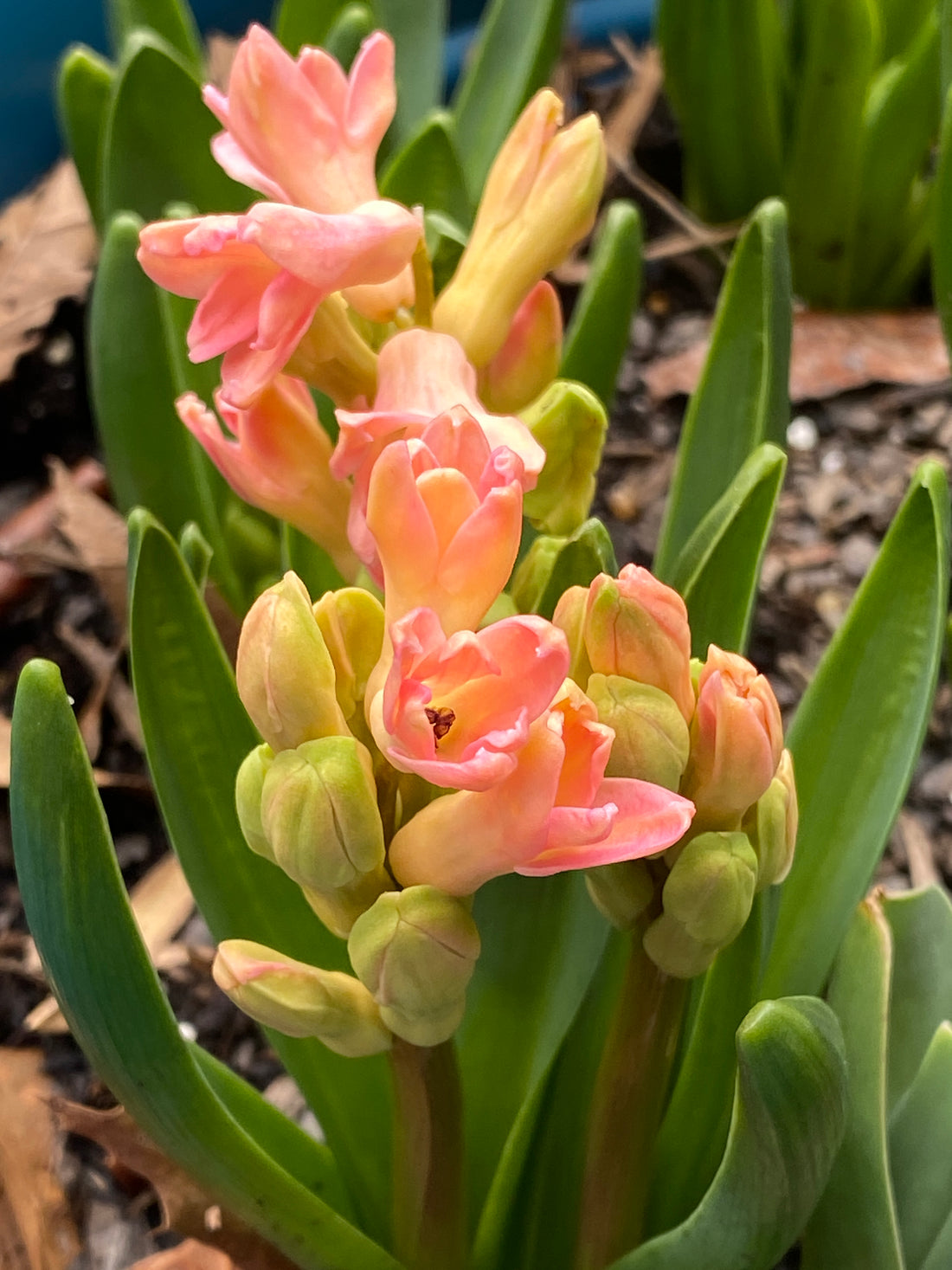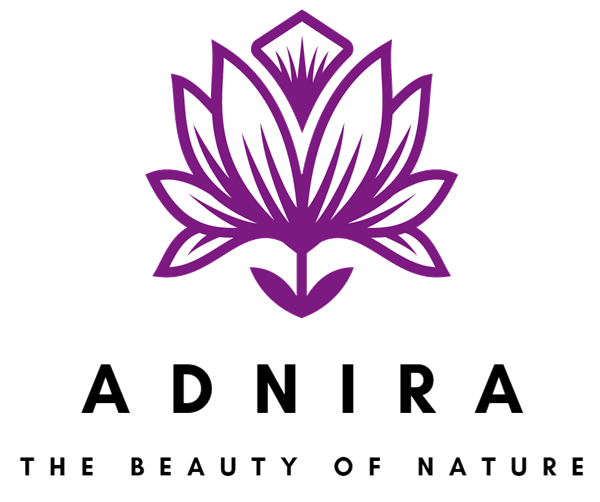
Healing and Treating Trauma with Aromatherapy
Adults who experience the tragedy of childhood abuse undoubtedly experience difficulty and hardships during adolescence and continue into adulthood, including but not limited to depression, anxiety, panic attacks, complex PTSD, OCD, dissociative disorders, and a host of obstacles to living a relatively stress-free and joyful life.
Though I applied cognitive behavioral therapy (CBT) tools to cope and manage emotional pain from my traumatic experiences, I didn't feel connected to my life, the current moment, my body, or the world. One of the ways I could connect with the 'present' was through gardening. A lot of people refer to working in the dirt as 'grounding.'
I've always loved gardening and flowers. Since 2017, I have grown beautiful flowers in my own back yard and enjoy observing each phase of their lifecycle, but it gets quite boring after October when the temperatures drop and most blooms disappear. To add to that, there isn't much that can be done with cold, wet garden soil. (So I bought a grounding mat!)
My garden offered me some solace from the mental storms that constantly seemed to brew in the growing months but I was learning that I could grow more than beautiful flowers to heal myself.
I started reading books on medicinal plants, curanderismo (a Latin-American folk medicine modality), Native American and other indigenous peoples' history using medicinal plants. After reading The Body Keeps the Score (1), I wanted to do anything I could to avoid illness. (I often feel stigmatized about taking mental health medicine, so treating other health problems with herbs feels like a good balance.)
Being the kind of person I am, I started growing the most interesting medicinal herbs I could find. (Toothache plant, anyone?)
During my research, I ran into the American Botanical Council, a thorough repository of recently published peer-reviewed studies, meta studies (a review of many studies focused on the same subject), and informational excerpts about medicinal herbs. It also includes resources about market trends, alerts about herbal adulteration, newly published research, and more!
I learned the benefits of aromatherapy and its effective treatment of emotional and physical discomfort. For example,
- Breathing Lavender essential oil on a thick paper/cardboard strip for 15 minutes, for example, has been clinically proven to reduce stress of women experiencing PMS. Lavender essential oil is safer than taking a benzodiazepine medication.
- Many clinical studies suggest that when essential oils (particularly rose, lavender, and frankincense) were used by qualified midwives or dulas, pregnant women felt less anxiety and fear, had a stronger sense of wellbeing, and had less need for pain medications during delivery. Many women also report that peppermint oil relieves nausea and vomiting during labor. Similarly, preliminary studies suggest aromatherapy may be an effective approach for post-operative nausea. Other studies suggest aromatherapy in conjunction with massage can help reduce symptoms of colic in infants.(2)
-
Other conditions for which aromatherapy may be helpful include:
- Alopecia areata (hair loss)
- Agitation, possibly including agitation related to dementia
- Anxiety
- Constipation (with abdominal massage using aromatherapy)
- Dementia
- Insomnia
- Pain. Studies have found that people with rheumatoid arthritis (RA), cancer (using topical chamomile), and headaches (using topical peppermint) require fewer pain medications when they use aromatherapy.
- Itching, a common side effect for those receiving dialysis
- Wound healing
- Herpes infections
- Menopausal symptoms
- Psoriasis (2)
As I learn about the therapeutic effects of different essential oils and medicinal plants, I want to share that information with the world. We can grow these beautiful gifts from nature in our own backyards and sunny balconies and use organic compounds from nature as remedies for known issues.
Pharmaceutical companies and corporate shareholders rarely care about nature, natural remedies, or the effectiveness of medicinal herbs unless it will create a patent and profit. Bottom lines could drop if Big Pharma isn't considered the only option people have to get some relief with, very often, fewer side effects.
If anyone can grow their own cure, it's hard for Big Pharma to turn profits. (If we learn about one beneficial herb, we'll undoubtedly find and grow more!)
As long as trauma continues to affect a larger segment of the population (most people who lived during Covid), it's my desire to share information with people about natural treatment options.
DISCLAIMER: This is not intended to guide, diagnose, or treat any medical conditions or suggest discontinuing professional medical treatment. Consult a medical doctor (preferably with some knowledge about natural treatments) before making any changes or using medicinal herbs. Contraindications exist and can be harmful, so do your research, talk to your licensed physician, and feel free to ask questions!
References:
(1) Van der Kolk, Bessel A. "The body keeps the score: brain, mind, and body in the healing of trauma." New York, New York: Viking, 2014.
(Always follow the advice of a medical professional before using aromatherapy or medicinal herbs.)
